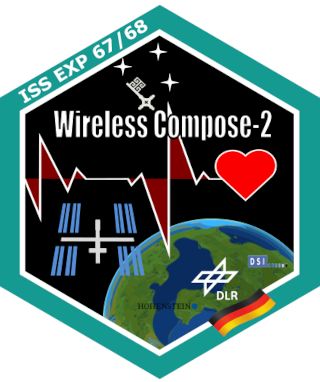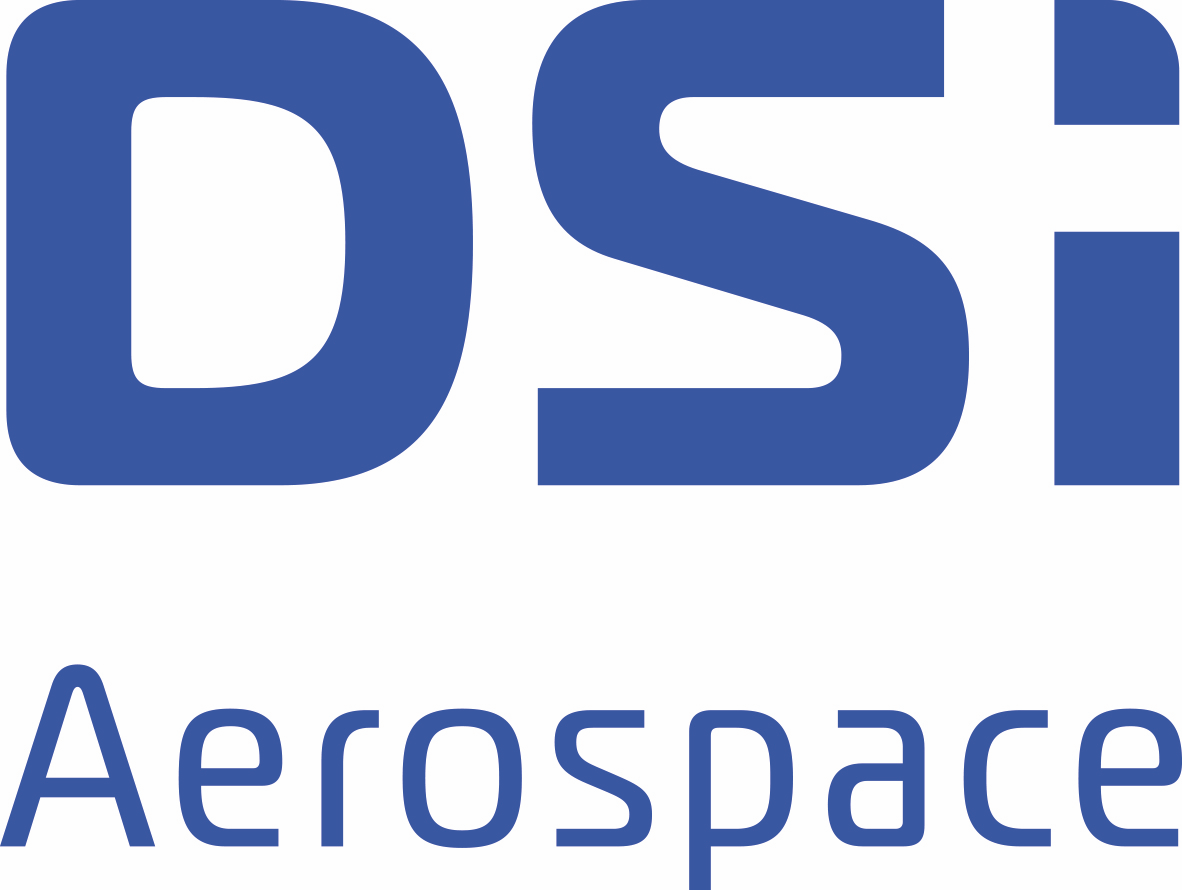
BEAT: Wireless Compose 2
Weltraumspaziergänge sind extrem gefährlich und anstrengend. Die Astronauten sind nur durch ihre Raumanzüge von der lebensfeindlichen Umgebung des Weltraums getrennt. Die stundenlange Arbeit in diesen sperrigen Anzügen ist körperlich anstrengend und belastet das Herz-Kreislauf-System erheblich. Ein Kollaps während eines Weltraumspaziergangs wäre fatal. Deshalb ist es sehr hilfreich, Herz und Kreislauf ständig zu überwachen. Auf diese Weise kann eine Überanstrengung frühzeitig erkannt und entsprechend gegengesteuert werden.
Das BEAT-Experiment, an dem auch die Astronauten Dr. Matthias Maurer und Samantha Cristoforetti teilnehmen, erforscht die Ballistokardiographie als Methode zur unauffälligen und ressourcenschonenden Langzeitüberwachung der Herz-Kreislauf-Funktion. Die Ergebnisse sind auch für die zukünftige Gesundheitsversorgung auf der Erde von Bedeutung.
Das BEAT-Experiment ist Teil des Projekts "Wireless Compose 2", das vom Deutschen Zentrum für Luft- und Raumfahrt (DLR) in Bremen geleitet wird. In diesem Projekt wurden das intelligente T-Shirt sowie die Sensoren und die Technologie für die Signalübertragung zur Erde entwickelt - von einem Konsortium aus der Universität Bielefeld, der Technischen Universität Hamburg, dem Deutschen Zentrum für Luft- und Raumfahrt Bremen, den Hohenstein Laboratories und DSI Aerospace Technology.








